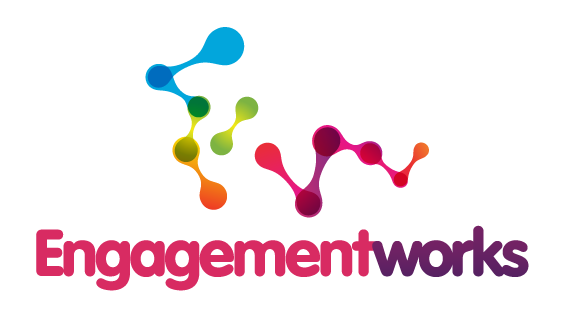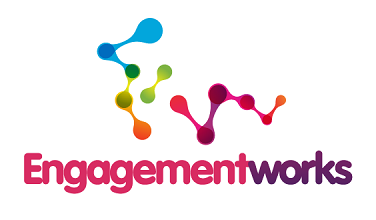A useful first step before embarking on building a community engagement strategy for an organisation or an engagement plan for a specific project is to develop some engagement principles.
These should outline what your organisation holds dear and how it wants to be appreciated for its engagement efforts. Five or six points that can be summarised on an A4 page.
While Google will probably reveal some useful ideas about what others have done, it’s important that an organisation spends some time to develop its own set of principles and outcomes, rather than regurgitating what others may have done, no matter how great those examples may be.
Why? Because engagement is exactly that: the experience of engaging with others, including colleagues in other parts of your business or even stakeholders you’ll need to work with in other organisations. It’s also useful to engage with senior managers and even boards of directors or councillors in this process.
Done well, the process of uncovering and describing some engagement principles can be a powerful way of gaining support, focus and recognition about the benefits that well planned, adequately resourced and effectively delivered engagement can provide.
We offer short courses and longer, more intensive training that can be customised to meet an organisation’s specific needs.
We’re coming to Christchurch in September and Wellington in October to deliver our three-day workshop series for people who have a hands-on role planning and delivering community engagement for their employers. These workshops are highly interactive and also include individual coaching and mentoring after each one. Participants at the end should have an engagement plan developed for a specific project. They will also have some great shared experiences and networking contacts with other practitioners on the course.
These should outline what your organisation holds dear and how it wants to be appreciated for its engagement efforts. Five or six points that can be summarised on an A4 page.
While Google will probably reveal some useful ideas about what others have done, it’s important that an organisation spends some time to develop its own set of principles and outcomes, rather than regurgitating what others may have done, no matter how great those examples may be.
Why? Because engagement is exactly that: the experience of engaging with others, including colleagues in other parts of your business or even stakeholders you’ll need to work with in other organisations. It’s also useful to engage with senior managers and even boards of directors or councillors in this process.
Done well, the process of uncovering and describing some engagement principles can be a powerful way of gaining support, focus and recognition about the benefits that well planned, adequately resourced and effectively delivered engagement can provide.
We offer short courses and longer, more intensive training that can be customised to meet an organisation’s specific needs.
We’re coming to Christchurch in September and Wellington in October to deliver our three-day workshop series for people who have a hands-on role planning and delivering community engagement for their employers. These workshops are highly interactive and also include individual coaching and mentoring after each one. Participants at the end should have an engagement plan developed for a specific project. They will also have some great shared experiences and networking contacts with other practitioners on the course.

 RSS Feed
RSS Feed
